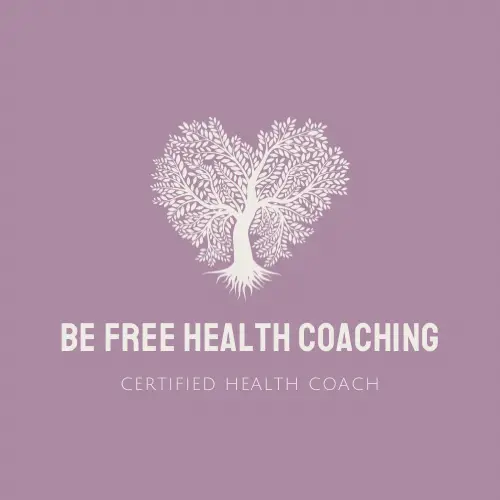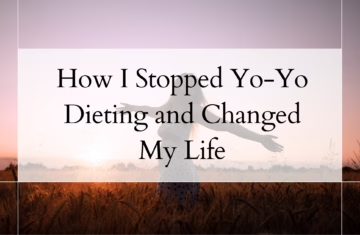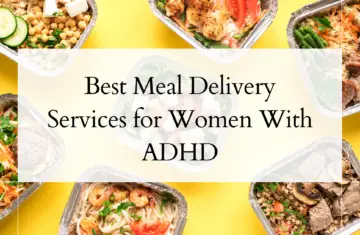
Indulging in your favourite snacks can be tempting, but doing so without overeating can be challenging, particularly if you’re accustomed to consuming more significant portions or high-calorie meals.
With some know-how, you can learn to tune in to your body’s hunger signals and make smarter decisions about what and how much you consume.
In this step-by-step guide we’ll explore some simple tips and strategies to help you satisfy your cravings without going overboard. With these 5 ways to stop snacking, you’ll soon discover that you can enjoy your favourite foods in moderation and without the guilt. Let’s get started!
Stop Snacking Tip #1: Listen To Your Body’s Hunger & Fullness Signals
Pay attention to how your body feels before, during, and after you eat. Ask yourself if you’re starving or eating out of boredom, stress, or habit.
Similarly, check in with yourself periodically during your meal or snack to see how full you’re feeling. Stop eating when you feel comfortably full, not when you’re stuffed.

Stop Snacking Tip #2: Choose Nutrient-Dense Foods
Avoid ultra-processed power-bars and packaged garbage. Snacks high in nutrients and low in calories can help you feel more satisfied without overindulging.
Choose foods like fruit, berries, dried fruit, and nuts. These foods will give your body the necessary nutrients while helping you maintain a healthy weight and reduce over-snacking.
Stop Snacking Tip #3: Plan Ahead For Snacks & Meals
Having healthy snacks and meals can help you avoid overindulging in unhealthy foods. Plan ahead by packing a healthy snack like veggies, hummus, apple slices, and almond butter, or make a homemade trail mix.

Stop Snacking Tip #4: Drink Plenty Of Water
Drinking water can help you feel full and reduce your appetite and over-snacking. Drink at least 8 cups daily and sip water throughout your meal or snack to help you feel more satisfied. Have a dedicated water cup on your desk or carry a water bottle.
Stop Snacking Tip #5: Don’t Deprive Yourself
Depriving yourself of your favourite foods can lead to binge eating snacks and overindulging later. Instead of cutting out your favourite treats altogether, allow yourself to enjoy them in moderation. If you’re craving something sweet, have a small piece of dark chocolate or a serving of fruit.
When it comes to snacking there are lots of practical ways out there you can use. For some people, this is all it takes. For others, it can be more complex. Snacking throughout the day can be a problem for people with ADHD as boredom drives them to crave stimulation. Sugary, spicy and strong flavoured food can often give us the stimulation we need. There is a big link too between chocolate cravings and serotonin levels. This just goes to show how there is such a big link between emotions and food.
Sometimes, you can put in place all the practical routines but you are still beaten by your snacking habits. If this sounds familiar then mindfulness and taking note of your emotions is going to be key to stopping your snacking habit for good.
Working with a health coach is hugely beneficial. A good Health Coach can help you stop snacking, lose weight and help you overcome the emotional connection to food that is holding you back. This way you can finally start living your life instead of getting wound up and frustrated with yourself.
If you would like to learn more about Health Coaching & how it can help then head over to my blog post “Can a Health Coach Really Help Me Lose Weight?”

Sarah Parker
After getting sick and tired of diets and overexercising for 2 hours a day, just to see results, struggling with fatigue, anxiety, depression, stress and a ADHD diagnosis at 30. I decided to focus on my health and nutrition and make reducing stress a priority. I transformed my life, and now my passion is to see you transform yours.




